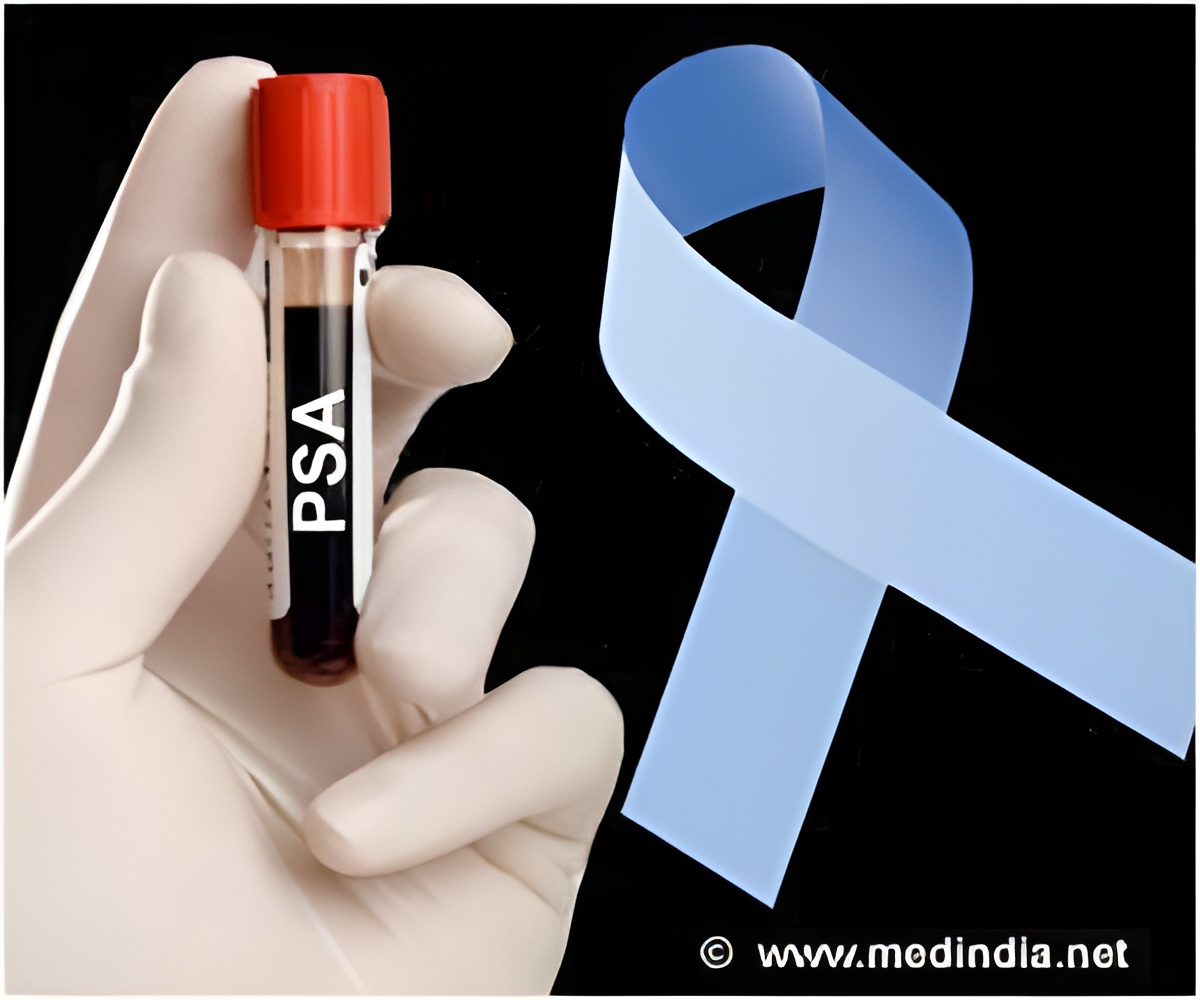A new blood test called IsoPSA has been developed by researchers, that helps in detecting prostate cancer and reduces the rate of biopsies by almost 50 percent.

‘IsoPSA differentiates between prostate cancer and benign conditions; and also identifies patients with high-grade disease.’





The research team, led by Eric Klein, conducted a multicenter prospective study of 261 men scheduled for prostate biopsy at five academic and community centres in the U.S. enrolled between August 2015 and December 2016."Despite criticism, PSA has transformed the landscape of early detection, screening, and management of prostate cancer in the last few decades," said Klein.
"Unfortunately, PSA is tissue-specific but not cancer-specific, leading to overdiagnosis and overtreatment of biologically insignificant cancers, which is widely recognized as a key limitation in its clinical utility."
The study directly compared the clinical performance of a new test based on PSA, called IsoPSA, to PSA itself with patients already scheduled for prostate biopsy.
IsoPSA proved significantly superior to PSA in two key indications: discriminating between prostate cancer and benign conditions; and identifying patients with high-grade disease.
Advertisement
The results show that if validated and adopted clinically, IsoPSA could significantly reduce the rate of unnecessary biopsies by almost 50 percent.
Source-ANI














